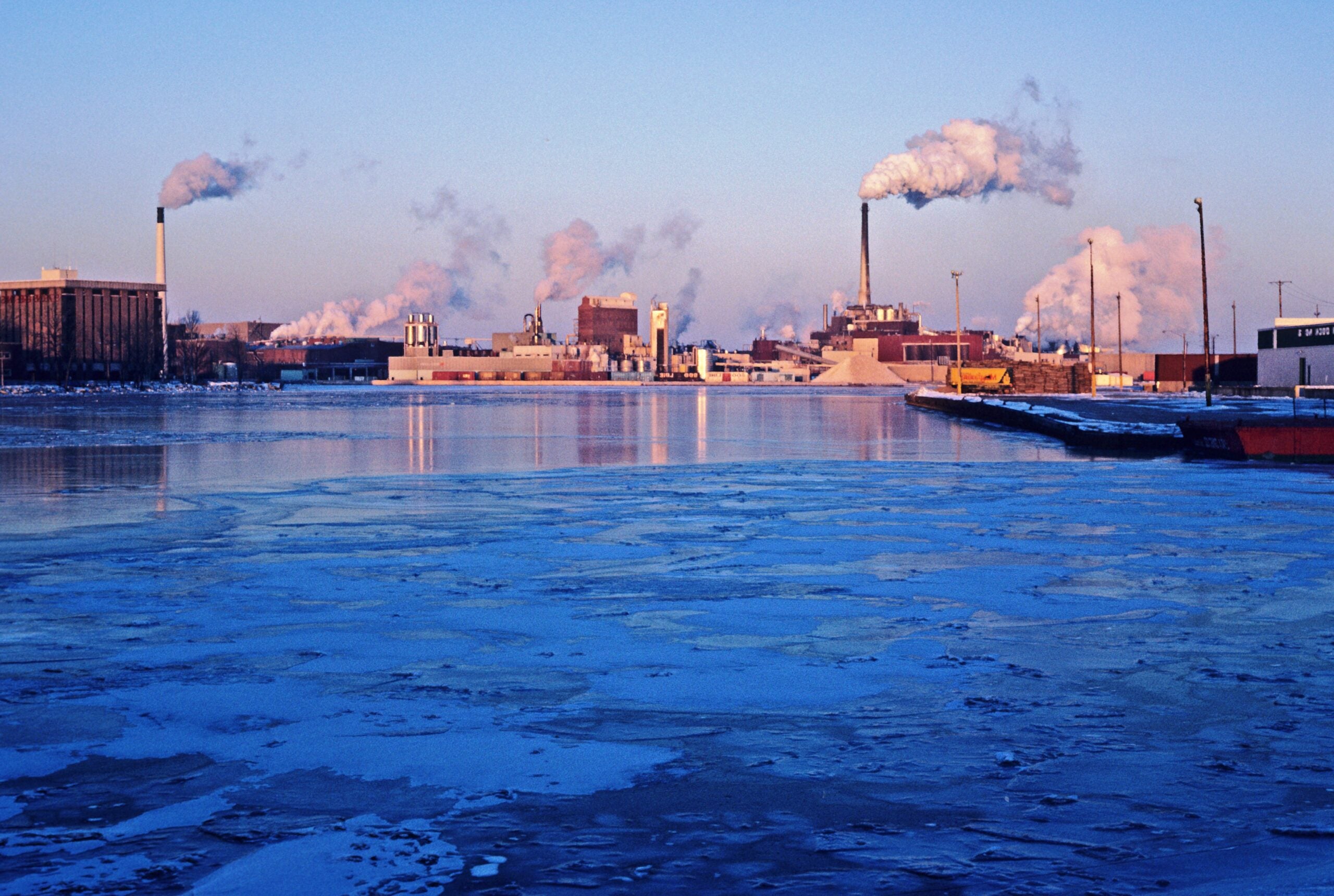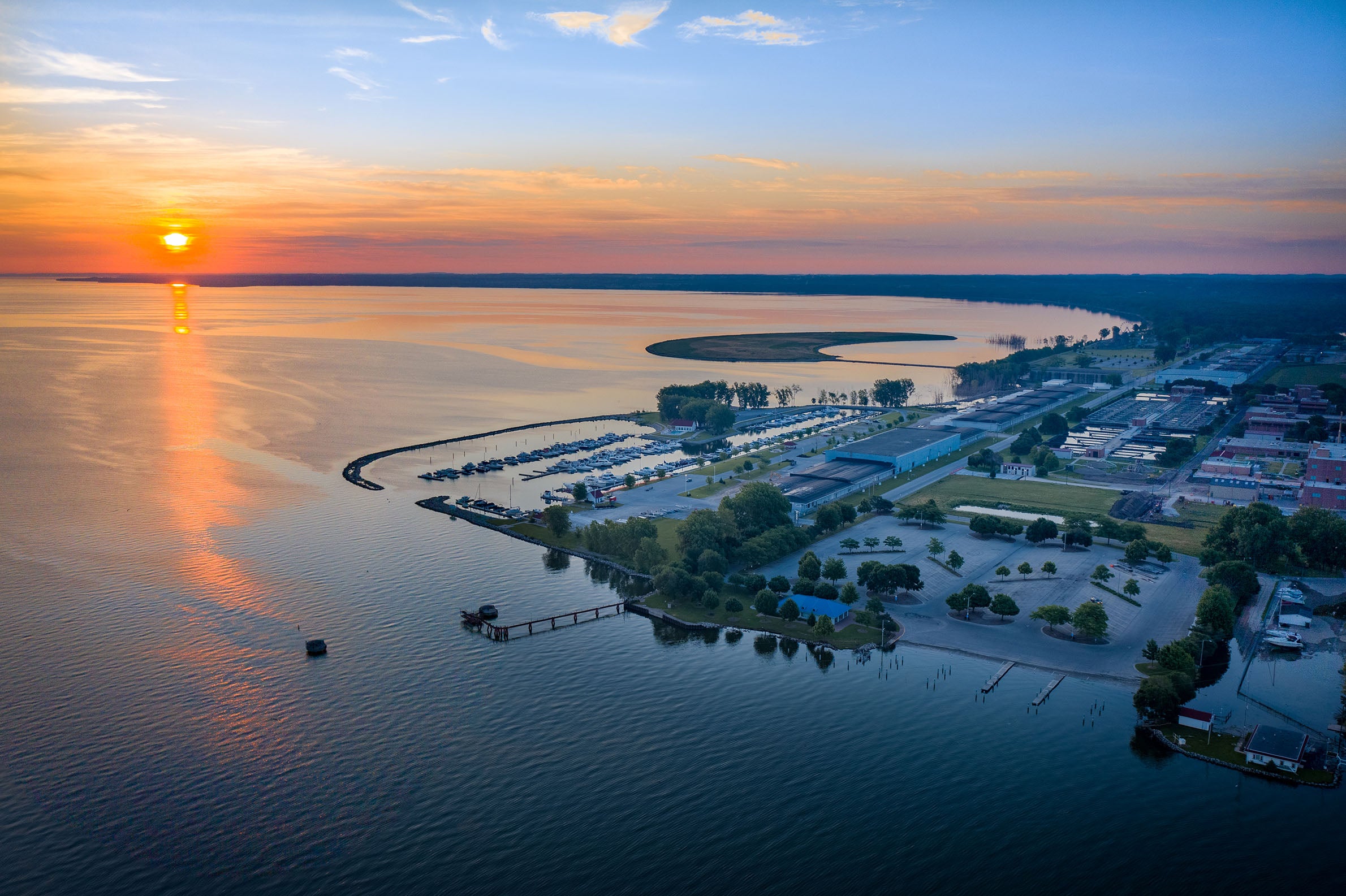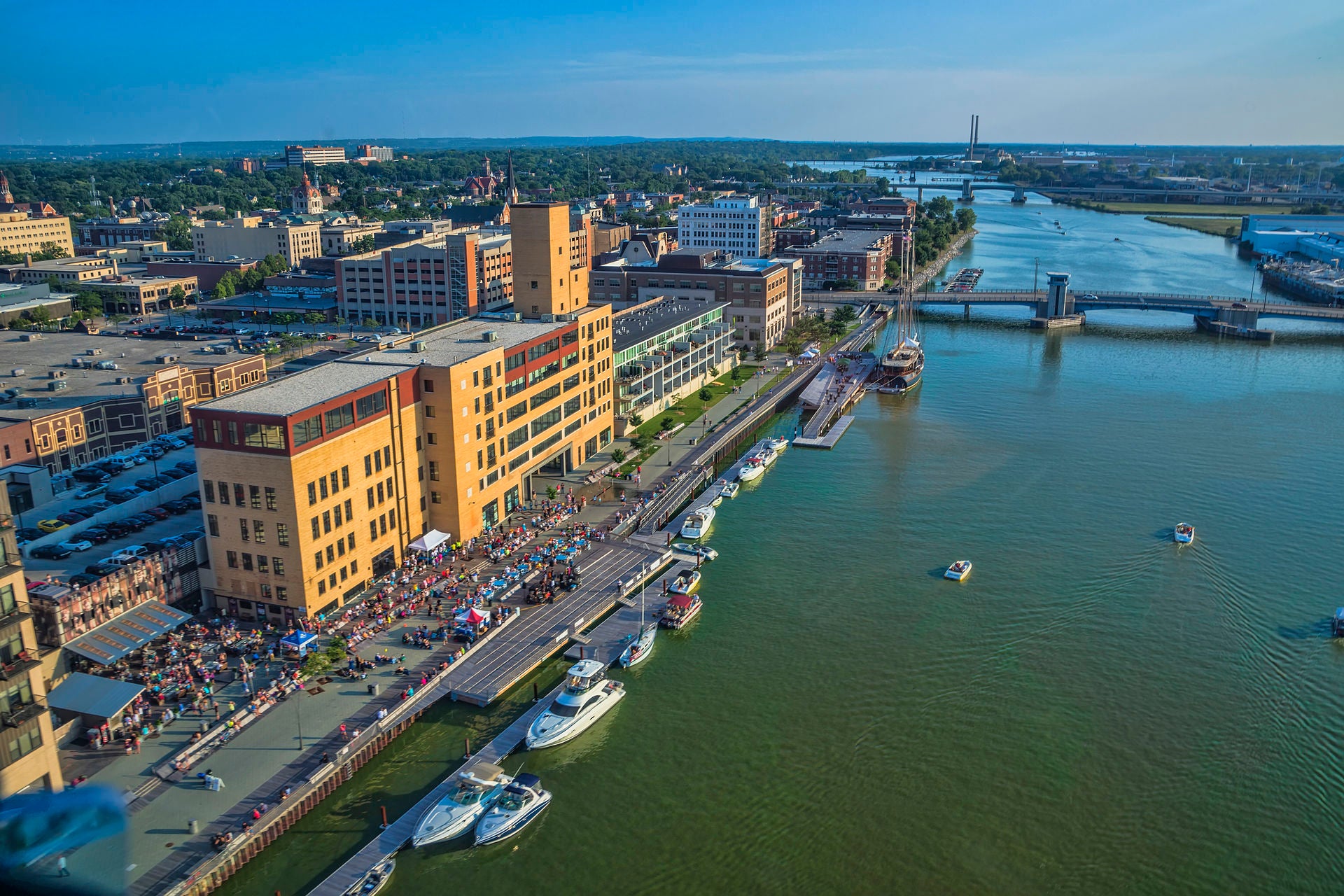Paper companies, recyclers and water treatment plants are putting up another $46 million to restore wildlife and habitat in northeastern Wisconsin as part of a massive PCB cleanup in the Fox River and Green Bay.
Four trustees, federal and state government officials, and the Oneida and Menominee tribes worked out the deal with the polluters deemed responsible for discharging the cancer-causing chemicals into the water. The announcement brings the total Natural Resources Damage Assessment claim to $106 million.
The settlements are aimed at remediating damage to wildlife as PCBs are being dredged out of sediments.
Stay informed on the latest news
Sign up for WPR’s email newsletter.
“The settlements are bringing in millions of dollars that are going to leverage more money for these habitat restoration projects to clean up the Fox River and Green Bay watershed area,” said Eric Ebersberger, deputy administrator of the Environmental Management Division with the Wisconsin Department of Natural Resources.
According to Gary Besaw, a tribal legislator and former chair of the Menominee Tribe, the millions of cubic yards of PCBs that have been taken out of the water have already significantly contributed to the recovery of the Great Lakes and the Fox River watershed.
“And while we do that, we know what impacts our environment also impacts us,” he said. “We are doing a good thing for the humans in this area, also for this community.”
So far, the settlements have gone to fund 78 projects to preserve plants and animals, said Charlie Wooley with the U.S. Fish and Wildlife Service. One successful project raises muskies and stocks them into Green Bay.
“They’ve developed a tremendous musky fishery from those fish that came from Wisconsin DNR’s Wild Rose hatchery,” Wooley said. “And we know that because they’ve been fin clipped and we can tell when anglers catch these massive muskies, where they’ve come from.”
Officials plan to host a public meeting April 21 in Green Bay to solicit comments on how the $46 million should be spent.
Wisconsin Public Radio, © Copyright 2024, Board of Regents of the University of Wisconsin System and Wisconsin Educational Communications Board.




